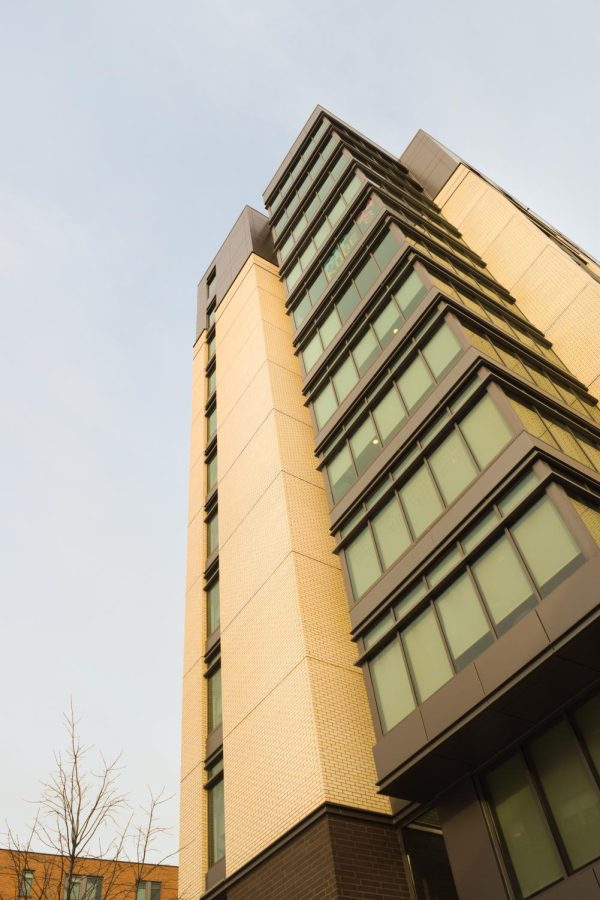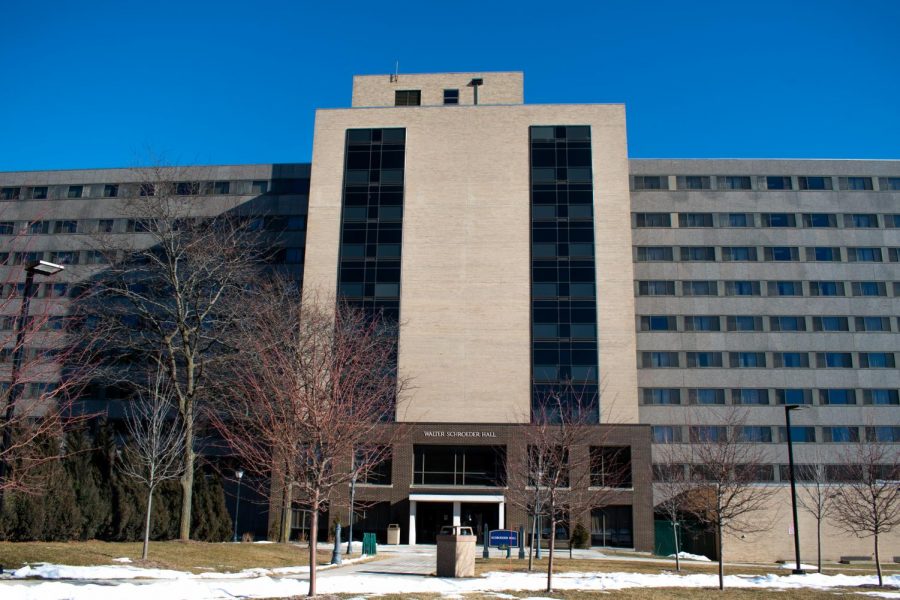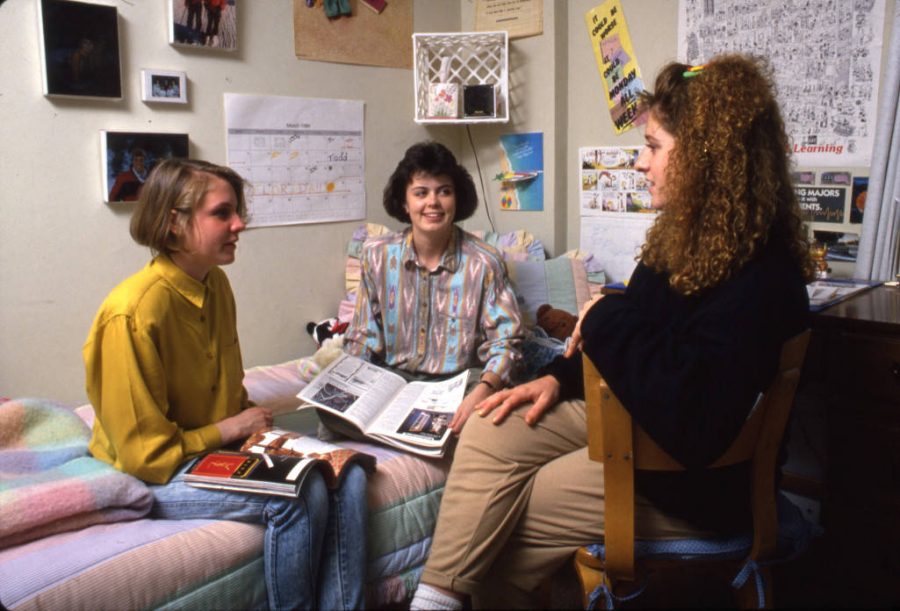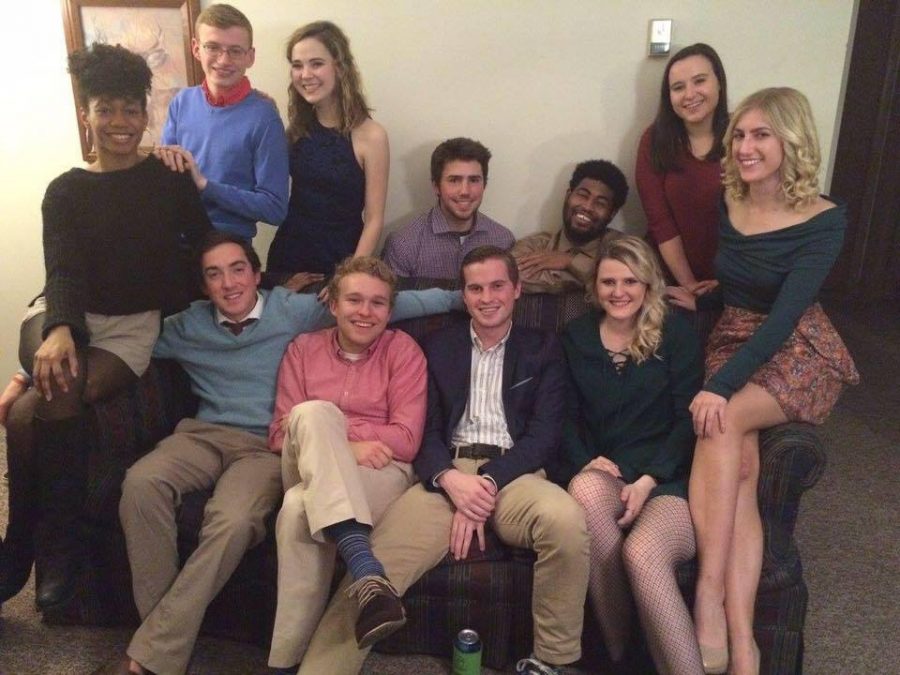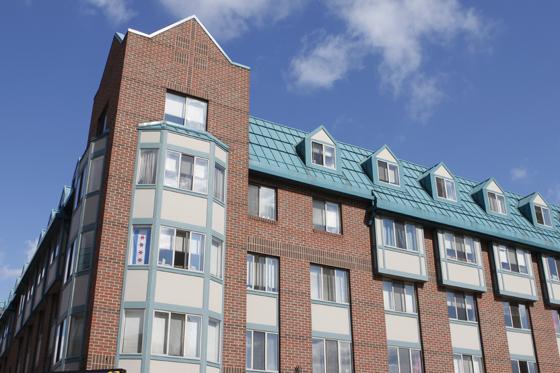
The Office of Residence Life is still trying to fill student apartments for the 2018-’19 school year. The university is now offering almost double the space than in past years due to their recent acquisition of The Marq.
Kelsey Stockton, assistant director of university apartments and off-campus student services, said the timing of Marquette’s purchase of The Marq didn’t coincide well with advertising for university apartments. The purchase was made late in the fall semester, around the same time students signed up for apartment spaces.
“We weren’t able to advertise The Marq as a university apartment option until immediately before selection occurred,” Stockton said in an email. “Next year, it will be included in our traditional advertising.”
The combination of university apartment buildings Frenn, Gilman, McCabe and Campus Town East and West houses 700 to 800 students annually, while The Marq adds 600 spaces to the mix, Stockton said.
With the new space added, options remain available for students who haven’t found housing for next year. Stockton said two to four bedroom apartments in Campus Town and The Marq didn’t fill up as quickly as studio and one bedroom apartments in other buildings.
“Very limited availability exists within studio and one-bedroom units, as those tend to be the most popular,” Stockton said.
Stockton said the timing of lease signings was additionally affected by The Marq purchase, causing leases to be formally signed in the spring semester rather than at the end of the fall semester.
Even during the typical fall semester, Marquette’s lease signings are still later than some lease signings for off-campus apartments, which can be as early as August or September. Stockton said the university doesn’t want to put pressure on students to sign early.
“Given that leases are legally binding contracts, we want tenants to be able to make as informed a decision as possible,” Stockton said. “By waiting until later in the fall semester, we find that students tend to have a better idea of their plans for the following year.”
Stockton also said the increase in space and later availability helps transfer and graduate students, who often look for space later in the academic year.
Ariana Chiapas and Sloane Abalos, both sophomores in the College of Arts & Sciences, are future roommates who signed a 12-month lease for the Kensington at 15th Street and Kilbourn Avenue. They began looking for an apartment in September and signed the lease in October with two others.
Chiapas said the pressure to sign early is a problem because the future can be unpredictable.
“(Signing early) was a concern for me,” Chiapas said. “We didn’t even know what was going to happen if there was a falling out with friends, or where we would be if we’re studying abroad.”
Abalos also said she saw other people signing early, which made her want to sign too. Both Abalos and Chiapas were concerned that if they signed later, they wouldn’t be able to find “a good deal.”
“I heard that other people started signing, and we didn’t want to be stuck,” Abalos said.
Danny Lang, a junior in the College of Communication, also experienced the student housing scramble his sophomore year.
“Everyone was scrambling to find housing for the next year,” Lang said. “I was considering transferring schools, but then decided to stay at Marquette in the middle of (the spring semester). By that point, I had seen the struggles that all my friends had gone through.”
Lang joined the housing search late in the spring semester and subleased from a friend during the fall 2017 semester. At the end of the semester, he signed for a studio in McCabe. He said he had an easy experience despite worries about not finding anything.
“I went into the (Campus Town) offices and asked, ‘Do you guys have anything?’ and they said, ‘At this moment, no, but if something comes up, we will email you,'” Lang said. “I’d say five days to a week after, I got an email that was like, ‘A studio opened up in McCabe if you would like it.'”
Chiapas, Abalos and Lang said they preferred off-campus housing because they felt more independent and it was easier to have guests.
Stockton said more apartment buildings being constructed in the area might lead students to drop university-owned apartments as an option, but university apartments still offer unique amenities such as paying rent on your bursar account and having a front desk in most buildings.
Overall, she said there is more cooperation than competition between on-campus and off-campus apartments.
“The variety of housing options and pricing, both on and off-campus, helps us all work together as a neighborhood to support student needs,” Stockton said.


